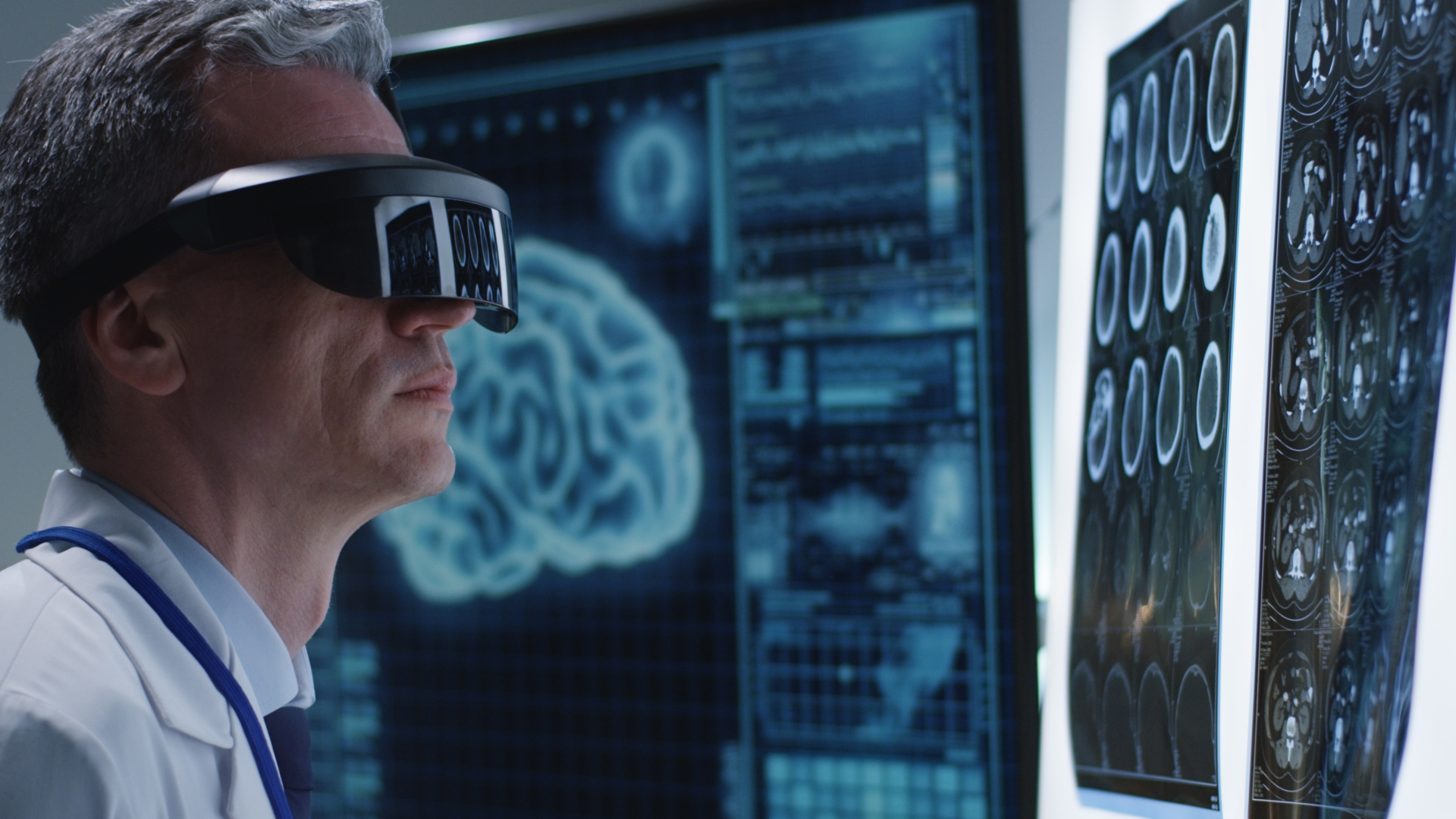No matter where you look, it’s hard to avoid discussions of the metaverse. Outside of healthcare, brands and businesses are taking first steps and exploring its potential in their droves, from NFTs giving exclusive access to digital assets through to virtual versions of stores and the first ever purely virtual world fashion week. But it could become utterly transformative when it comes to the healthcare experience.
Author:
Anthony Magee, Director of Data and Experience Technology, SYZYGY London

For clinical provision, greater access to services through digital devices has been making slow progress for some time.
App-fuelled access to GPs and virtual appointments have become much more widespread during rolling sets of lockdowns, as access to stretched public health and medical services came under further strain.
Of course, this was no replacement for some medical services, but it accelerated widespread access to virtual appointments due to pure necessity.
From one perspective, the potential of the metaverse for healthcare is just further travels along this path. VR is already integrated into the training of medical and surgery staff when it comes to training on anatomy, for example.
Extending this further into shared online worlds facilitates global shared access to the best medical specialists at any given moment. Cost to one side, it is very easy to scope potential for training and development of medical professionals.
Opportunities for telemedicine, especially in widespread or hard to reach communities, are vast as long as the tech is there to support access. It is fertile territory for patient communities to arise and find support and discussion.
There is also a natural fit for healthcare and pharmaceutical brands to host events for patients and medical professionals alike. To enable virtual labs and further accelerated research or drug development.
And that’s all before getting into near-science fiction type suggestions of AI diagnosis and how these worlds could be combined with healthcare tracking devices for prevention and management of conditions.
Perhaps most excitingly, metaverse could easily become instrumental in ensuring healthcare is more accessible to a wide range of people and abilities.
And yet, without careful forethought, amazing technical advances and creativity in the metaverse could equally easily exacerbate digital exclusion issues, such as lack of skills, training, environment, technology, device compatibility, or of course money.
Whilst in the UK 78 per cent of people go online using a mobile device, and 90 per cent of households have internet access, there are still significant gaps to be covered if virtual worlds are to offer truly universal healthcare alternatives.
It is important to remember at this stage that the metaverse is still a very malleable concept, in its very earliest incarnations.
![]()
A key factor in this thinking? Technology can never fully replace the full in-person experience in healthcare. Augmentation, communication and facilitation should be watchwords shaping approaches by forward thinking medical and health focused organisations.
This is why so many people struggle to define or even understand what it is – at the moment there is no market leading platform to host virtual worlds.
Different options are developing and evolving in parallel, some piggybacking off existing platforms including gaming spaces like Animal Crossing and Roblox, others looking to create other more defined spaces.
It is precisely at this time in its evolution that the businesses exploring this space should set down ethical and practical guardrails for its development, or a virtual environment with such tremendous potential could risk becoming yet another digital disappointment.
For virtual worlds to truly deliver for healthcare, ‘accessible to all thinking’ needs to be baked in from the offset – both in terms of strategy when it comes to developing engagement points and as guidelines for how these worlds develop.
This could prove a challenge – as most of the excitement and appetite for metaverse development currently lies with the marketing communities.
We wouldn’t dream of building a house without planning permission – Metaverse planning laws, accessibility, ethics and access laws/regulations need to be set down and agreed now, by the businesses taking first steps in these new worlds.
Otherwise, we’re venturing into this brave new world but building on shaky foundations, from disparate user experiences, interfaces with device compatibility issues and further divides for hidden communities that would otherwise stand to benefit the most.
Whether this structure needs to come from Meta or from other early shapers of metaverse experience is moot. If this ‘wild west’ approach to such a rich virtual environment continues, a lack of consistency and cohesion will stop it from becoming a true force to shape social good.
The potential of metaverse for healthcare tech is practically limitless – and this blank slate offers both endless applications and the chance for this opportunity to be squandered, unless leading brands and thinkers setting down guiderails right now.
A key factor in this thinking? Technology can never fully replace the full in-person experience in healthcare. Augmentation, communication and facilitation should be watchwords shaping approaches by forward thinking medical and health focused organisations.
The article first appeared htworld.co.uk.



